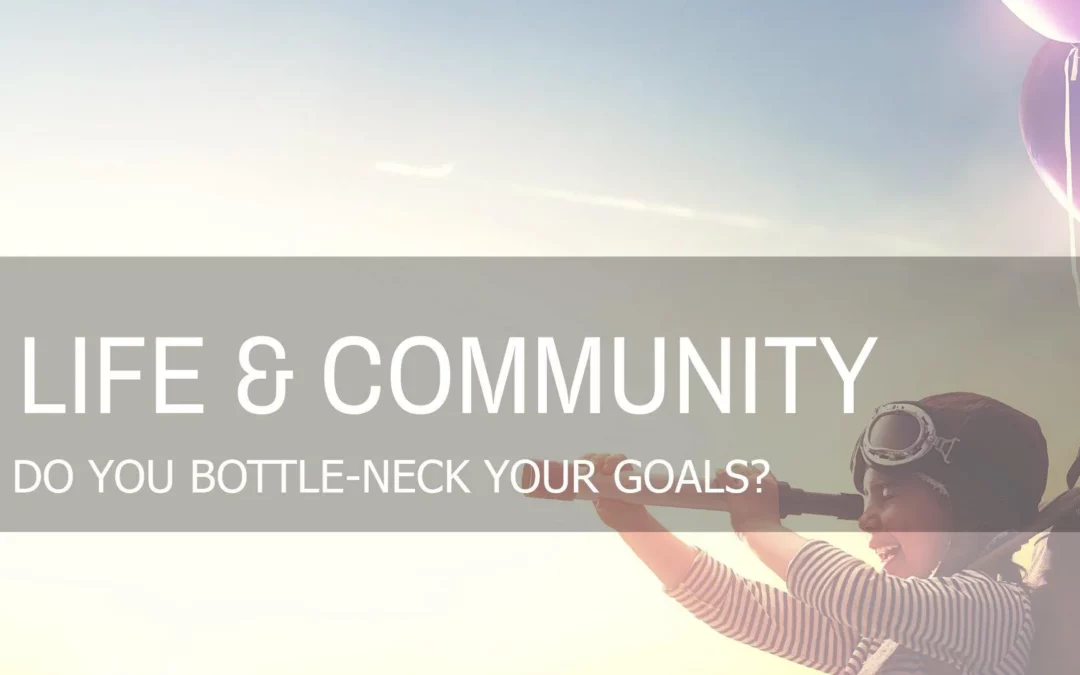We are often pressured by society and other people to have things figured out and to follow socially acceptable protocol. This leads to ideas of how things should be and how things should go: expectations. Expectations help us to create standards to showcase our value. However, the trouble arises when they become unrealistic and bottleneck our goals.
Context
A prime example of this is friendships and romantic relationships. We all have a certain set of deal-breakers: major (such as lifestyle differences, worldview incompatibilities, lack of chemistry, conflicting long-term goals, and irreconcilable values) and minor (such as physical preferences, occupations, educational levels, income levels, the amount of material possessions, and minor quirks). The former speaks to expectations that allow us to be ourselves while focusing too much on the latter may close off alternative but potentially rewarding opportunities.
Adding Perspective
While it is important to have standards, sometimes we can tunnel-vision and dismiss others to stay with what we know and to avoid the unknown. As such, it’s easy to frame others as fixer-upper projects instead of seeing them for who they are and then we get disappointed when they do not meet our expectations. Even though this particular example pertained to people, this concept can be applied to other situations and goals.
When there are unmet expectations, ask yourself these questions
1) How did it occur?
2) Why did it disappoint you?
3) Was it in your in control?
4) Were the expectations realistic



